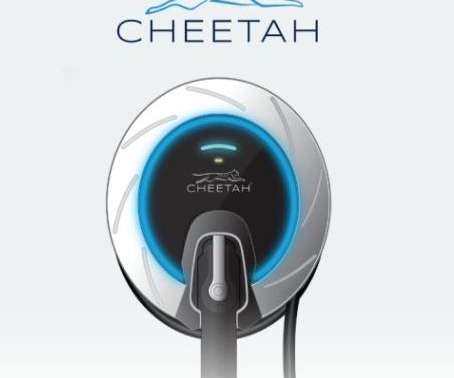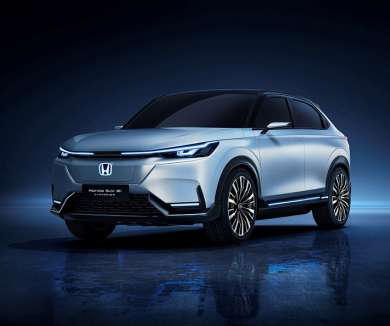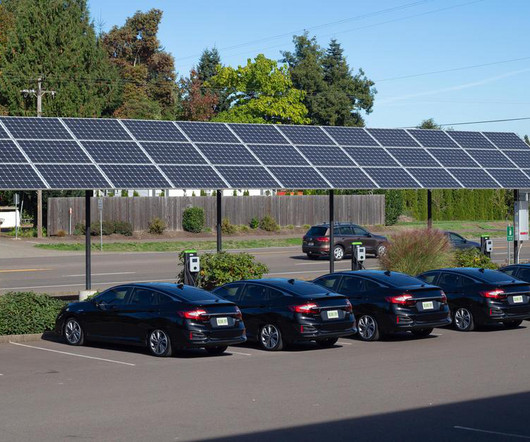JuiceBar introduces 48-Amp home charger: Cheetah
Green Car Congress
JANUARY 5, 2022
JuiceBar, a commercial EV charger manufacturer based in Connecticut, has entered the home charging market with the release of a 48-amp charger that it calls the “Cheetah.”. Our new home charger combines the speed and unparalleled reliability of our commercial chargers with a smart interface that will impress every EV driver.

















Let's personalize your content